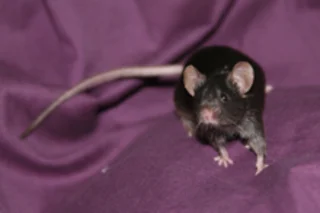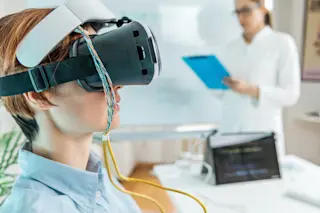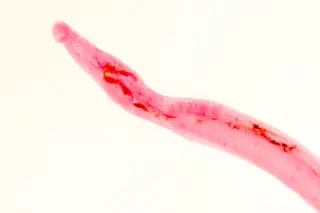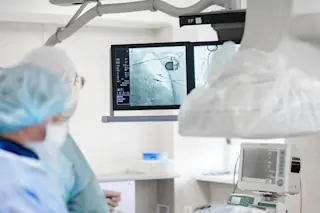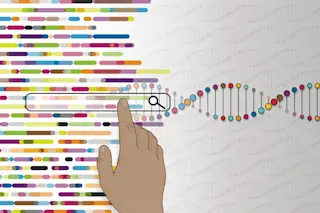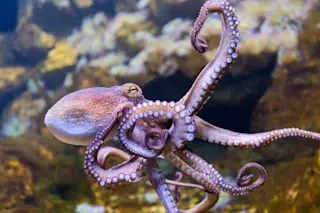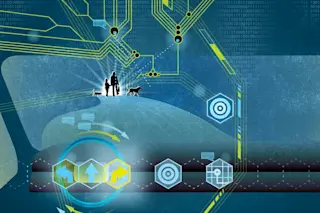From reprogrammed skin cells, scientists have made live mice. The accomplishment is the latest step forward in the exciting new field of reprogrammed cells, which may
offer an alternative to embryonic stem cells.... [It's] the most definitive evidence yet that the technique could help sidestep many of the explosive ethical issues engulfing the controversial field [Washington Post]
. Two new studies describe the process, and one team of researchers reports producing 27 live mice. While
there were abnormalities and unusual deaths with some of the first generation of mice, [the] team produced enough normal mice this way to create hundreds of second and third generation mice [AP].
It was only three years ago that Japanese stem cell researchers found a way to reprogram ordinary skin cells to behave like embryonic stem cells, which are thought to hold vast potential for medical research because they can develop into any kind of ...


